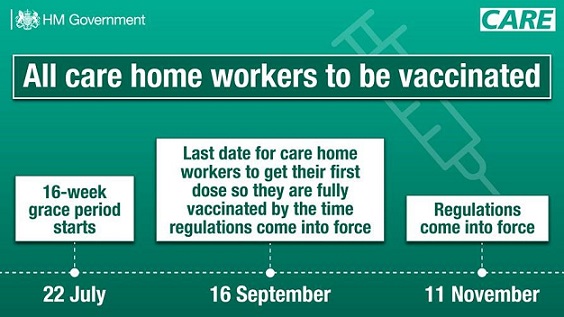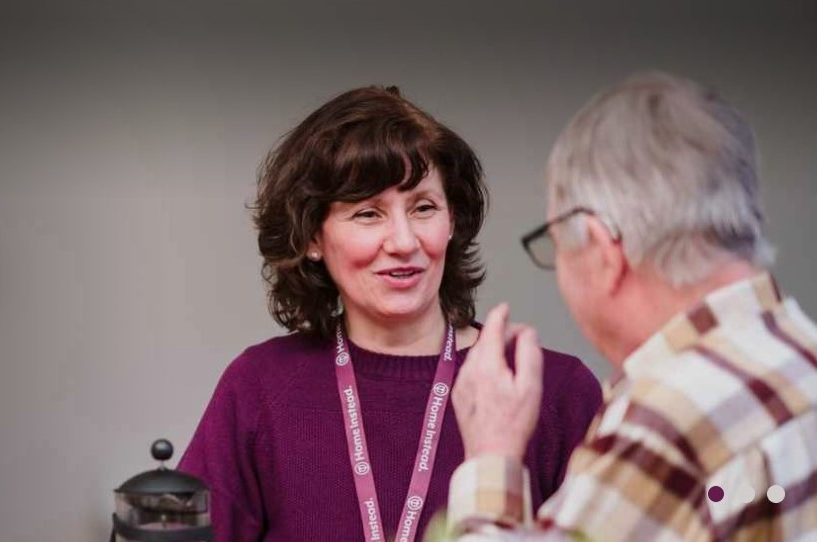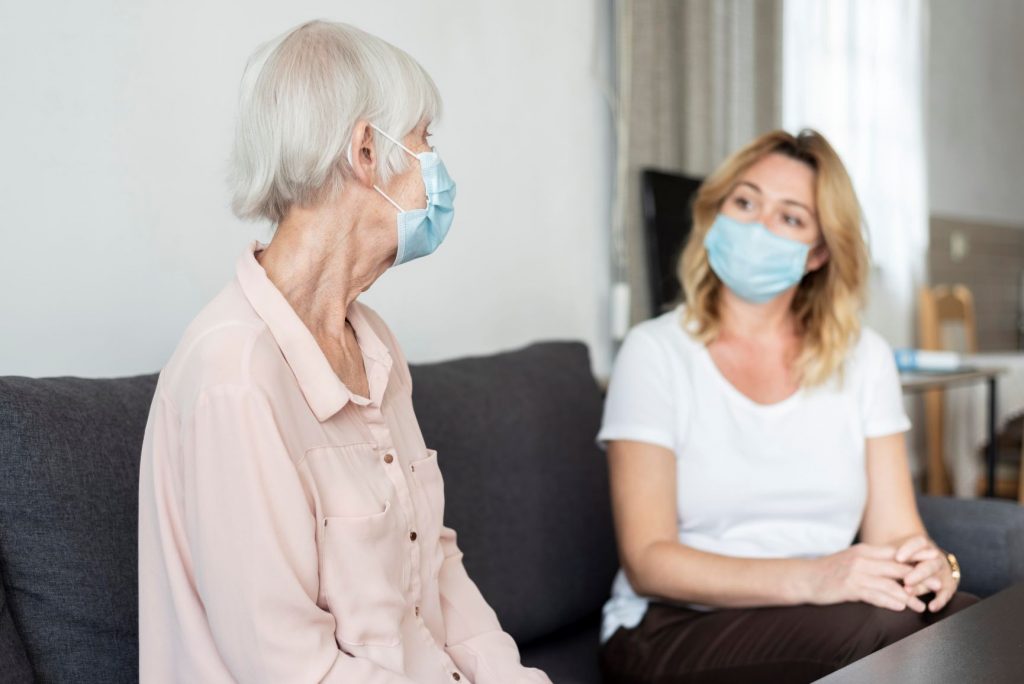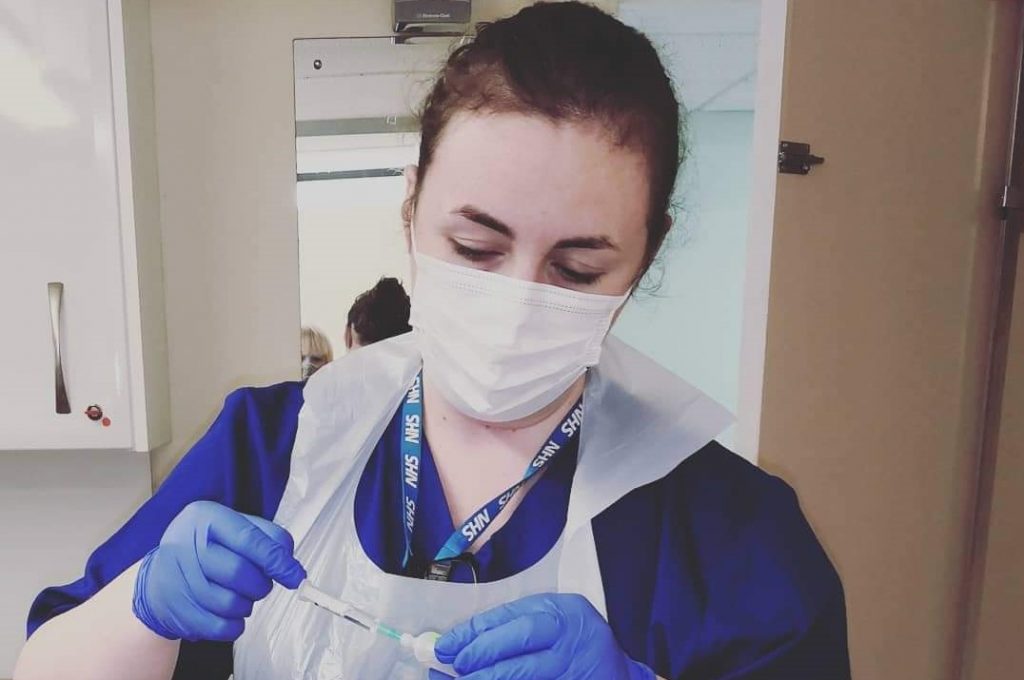COVID-19 vaccination has to be comprehensive to be truly effective as protection – particularly for those most vulnerable to infection. While the SAGE recommended levels of at least 80% of care home staff and 90% of residents have been reached and exceeded in many parts of England, regional variation persists. Deborah Sturdy, our Chief Nurse …
Developed by the NHS and then adapted for use in social care, a new infection prevention control toolkit has been launched to help all social care colleagues protect themselves and those they care for. It can be used to start a conversation and help you find the answer to the question: ‘What can I do …
Home Instead were among the first homecare providers in the UK to begin weekly COVID-19 testing of their staff. Karina Brown, managing director of Home Instead Bromley, shares initial experiences with the Social Care blog and the Department of Health and Social Care to help shape future workplace testing.
Coordinating staffing levels, mealtimes, medication and care planning in a care home is always challenging. Add COVID-19 to the mix and it's even harder. Find out how our 'Call to Care' recruitment drive helped the Woodfalls Care Home solve a staffing issue and keep its residents safe and well.
"This last year has been incredibly challenging. The top priorities have been to save lives, protect the most vulnerable people in our society and safeguard the NHS but it has meant our contact with family and friends has been significantly limited - something that many of us, myself included, have found difficult. "Older care home …
Across the UK, Lifeways employs almost 11,000 colleagues supporting nearly 5,000 adults with diverse and complex needs, across a variety of community settings, including our supported living services and residential homes. The COVID-19 pandemic means getting things right has never been more important for many thousands of people.
Homecare workers have demonstrated outstanding commitment, compassion and selflessness throughout the pandemic and have enabled around 850,000 older and disabled people to live safely and well at home. Vaccination of the 715,000 strong homecare workforce and the people they support is vital to protect their health and wellbeing. The more vaccines given, the more lives …
Care home colleagues have been at the forefront of the fight against coronavirus. They have demonstrated resilience, agility and flexibility to protect and look after some of the most vulnerable in our communities. Amidst all the challenges, a spotlight has been shone on the true value of partnership working and the sharing of expertise and …
"I run a domiciliary care service supporting children and adults with complex health needs in their own homes. As the Director and Registered Manager of Elite Care Solutions in Scunthorpe, North Lincolnshire, it is part of my role to share information and updates with staff to help them make informed decisions about testing and whether …
"There was something about the way we marched up the path to the care home, cool box in one hand, sharps bin in the other, scrubs on and masks pulled across our faces. We had a determined walk which caught the attention of residents and their staff, faces pushed up against the glass and little …









